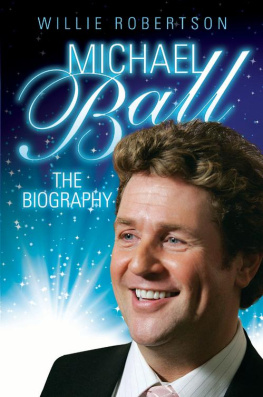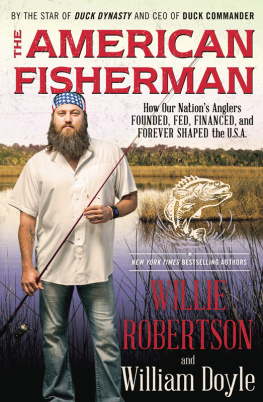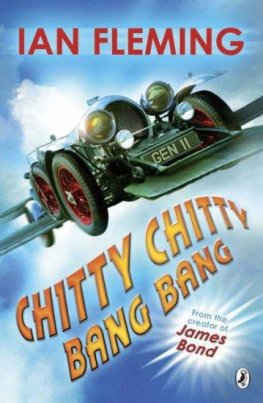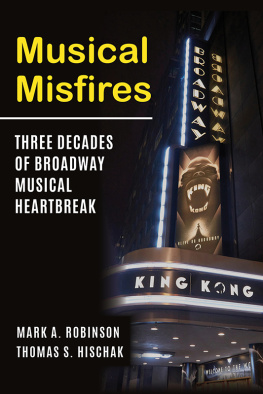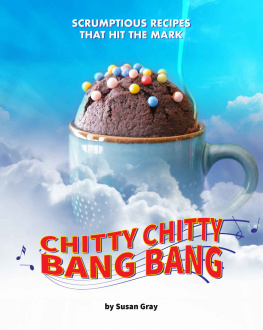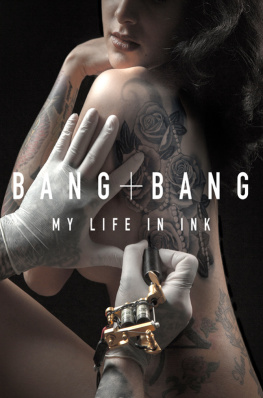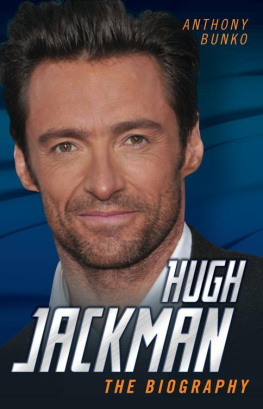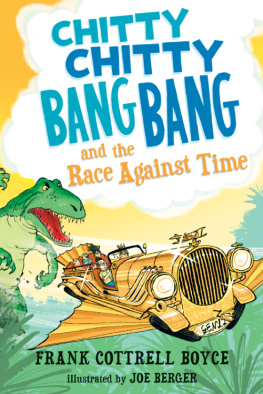M ichael Ball was asked if he had mapped out a path when he started his career in the entertainment business back in the mid-1980s. He replied: Oh, God, no. I just knew I loved the environment, I loved new challenges. I dont think you can ever plan a career because any time you make a plan and a decision, something will come along to change it.
But this most talented actor and singer, this most polished of British stage performers, this charming baritonal tenor, the man with the soft demeanour and mop of curly hair, did know one thing for certain. From that moment on 14 July, 1984, at the Aberystwyth Arts Centre, when the double doors swung open upstage and he stood alone as John the Baptist, a 22-year-old in the musical Godspell, and he stilled the theatre singing the line quoted from the Bible Prepare ye, the way of the Lord, the feeling was one of enchantment. And it was an emotion he wanted to experience again and again.
With the audience, there is a moment when you know you have got them, Michael told BBC Radio 4 in March 2008. Quite often, you dont know why you have them, the stars are lining for some reason, the sound is absolutely right, the atmosphere is absolutely right, you are part of the rollercoaster as much as the audience; those occasions are really rare but when they happen it is super sexuality, it is fantastic.
Almost before he had time to absorb his debut, Michael was performing on the stage in Manchester in The Pirates of Penzance and in Londons West End in Les Misrables. The Phantom Of The Opera, Aspects Of Love, Chitty Chitty Bang Bang, Hairspray and Sweeney Todd followed to name but a few. And then there was Broadway, the pinnacle for any theatre performer. The reviews werent great, but the audiences seemed to appreciate him.
He was the British entrant for the Eurovision Song Contest after taking himself almost to the top of the UK singles chart. He was the host of television and radio shows. He was controversially appearing with opera companies on either side of the Atlantic. He was upsetting the stuffed shirts of the classical music world by being the first light entertainer to have his own Prom. And he was and still is the adored singer with a legion of fans, who relished every one of his 17 solo albums up to 2012, most of which went gold or platinum. They packed his concerts across the world.
The awards came, too. The first in 1989 as the Variety Clubs Most Promising Artiste and then his coveted Laurence Olivier Award in 2008 for his stunning performance as Edna Turnblad in Hairspray. Andrew Lloyd Webber, that doyen of the stage musical in the 20th and 21st centuries, said: Michael has a God-given voice. He is that very rare thing a natural singer who can just get on stage and deliver.
Not only did Michael grace the productions of Baron Lloyd Webber in Britain and the United States of America, but he also proved a success in the rival camp of musical-writing legend Stephen Sondheim. I love the business Im in. Its my joy and my passion, said Michael. I always used to sing along to records and the radio, and everyone used to tell me to shut up. Its amazing to think people now actually pay to listen to me.
The risks and pitfalls of the industry he learned quickly. You can say, Right, Im going to do this show for this amount of time. But it could close, so you are out of work, he told the Liverpool Echo in 2011. Sometimes two jobs come along at the same time which one are you going to do? So you are constantly at crossroads that can take you down different directions. But I dont take any of it for granted. And the longer it goes on, the more it surprises me. I thought Id have been caught out years ago.
Getting that balance right is the trick for Michael. He added: There is a danger in being a Jack-of-all-trades because you might be regarded as spreading yourself too thin. But I really enjoy tackling the different musical styles. I would love to have been a rocker, but then I would also love to have been Frank Sinatra or Dean Martin. And, of course, I adore musical theatre, so being given the opportunity to do a bit of everything is ideal.
His interest in music was particularly honed when he was just eight years old and living in South Africa. There was no TV but in our rented house we inherited a record collection, which included albums by Sinatra, Billie Holiday and Ella Fitzgerald, he explained. They were my musical gurus. My mother played the piano, and we would gather round, singing numbers by Irving Berlin or George Gershwin.
Now thousands of fans adore his solo concerts each year as well as his theatrical performances. Its because Im an actor and not just a singer that I get into the character of the singer as opposed to just singing the notes, he told Portsmouth News in 2007. But I really had no idea I could make my living from singing. Basically, as long as there is an audience I am happy. There is not much else that gives you that kind of a buzz. I approach every song I do as I would approach a song from the theatre: its lyric based, its story based, its character based.
But does he consider himself an actor or a singer? I started off as an actor, very much considering and thinking of myself as an actor, but Ive done so much singing now, and concentrated so much on that, that I think maybe Ive slipped over into the other side.
Michael amazingly has never had a singing lesson. He said: The way I like to sing, the songs I like to sing, are about emotion and about performing and about the heart. If you worry too much about the sound, hitting the note, you loose the intensity of what you are trying to sing.
His image as Mr Nice Guy 5ft 11in tall with twinkling blue eyes and a permanent white-toothed smile does not bother him. I think Im approachable, he told The Times in 2001. And while Ill tend towards melancholy in my off-stage life, its not in my nature to be miserable on stage. Ill always switch it on. Does that make me nice? Well, guilty as charged. I quite deliberately tried to provide something for everyone. People want to feel they have been entertained and you do that by giving them as much as you can.
But Michael puts an understandable gloss on what has been a long, character-building struggle, through some ridiculous highs and lows. From the sanctuary of a loving family through to the school years he hated with a passion. From the zenith of a man in his mid-20s originating a role on a West End stage in London, through to the depths of being too frightened to even leave his home, too frightened to get on a London Underground train, desperately and hopelessly trying to reverse a downward spiral by seeking solace in drink and drugs.
Yet in one woman, at a time when those in theatreland did not associate him with romantic trysts involving the fairer sex, Michael discovered a saviour; someone who put his life back on the rails. Their meeting was captured on television, an assignation inspired by him singing his hit single, Love Changes Everything. Well, love did precisely that changed everything for him when Cathy McGowan, a television and fashion icon from the Swinging Sixties, arrived to interview him. And in the years ahead, more than 20 of them together, he could boast: Cathy takes care of me, and helps organise my life, thats her priority.
Michaels story from the little-boy-lost, the teenager going nowhere, to the contented artist recognised as Britains premier stage musical performer is the stuff upon which people create the wonderful pieces of theatre on which he thrives.
What makes him different from other artists? Ive always said Ill consider anything that comes through my letterbox, he contested. Im prepared to take risks in the fields of entertainment such as host a radio show, record a new album, perform in

